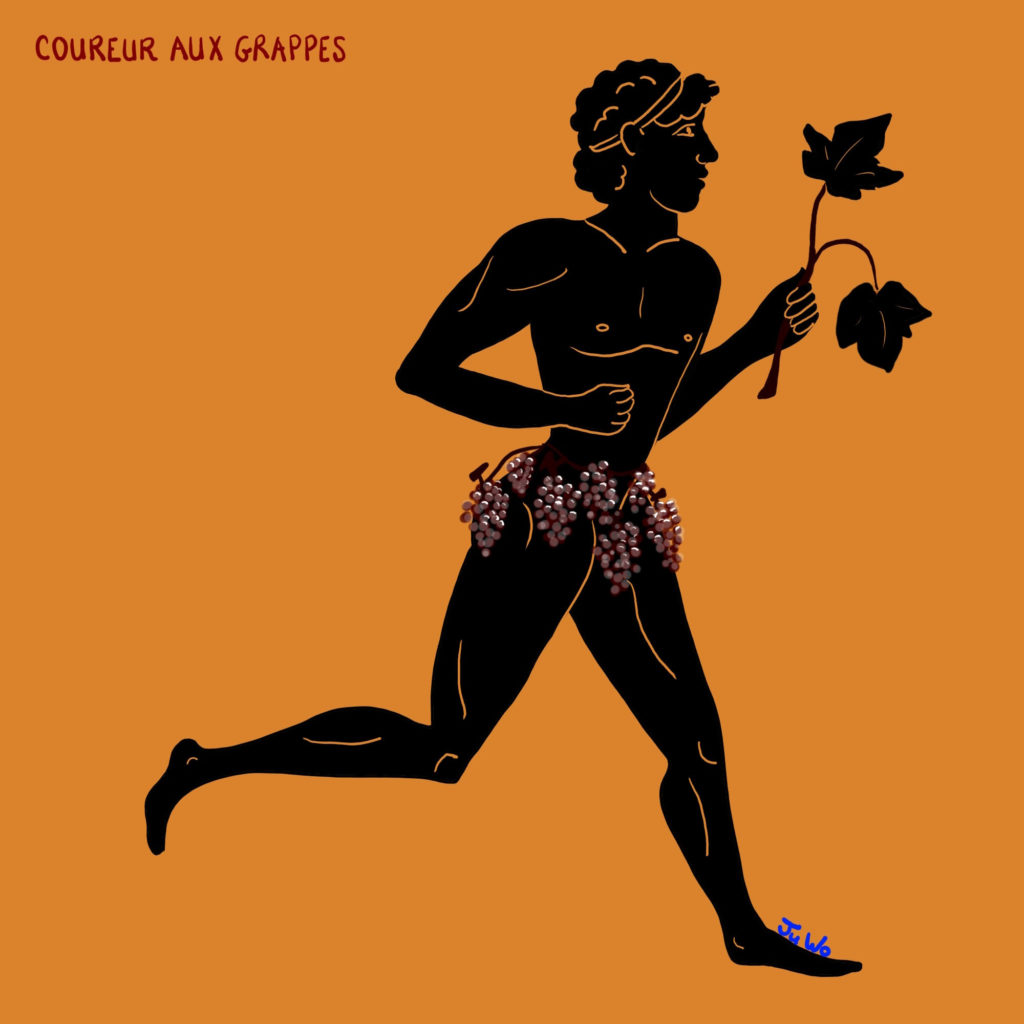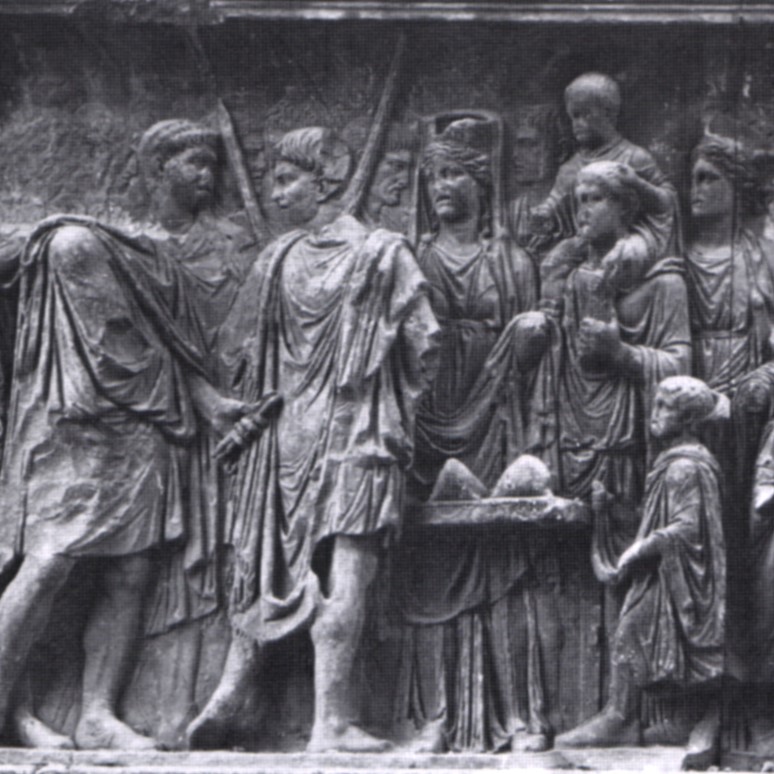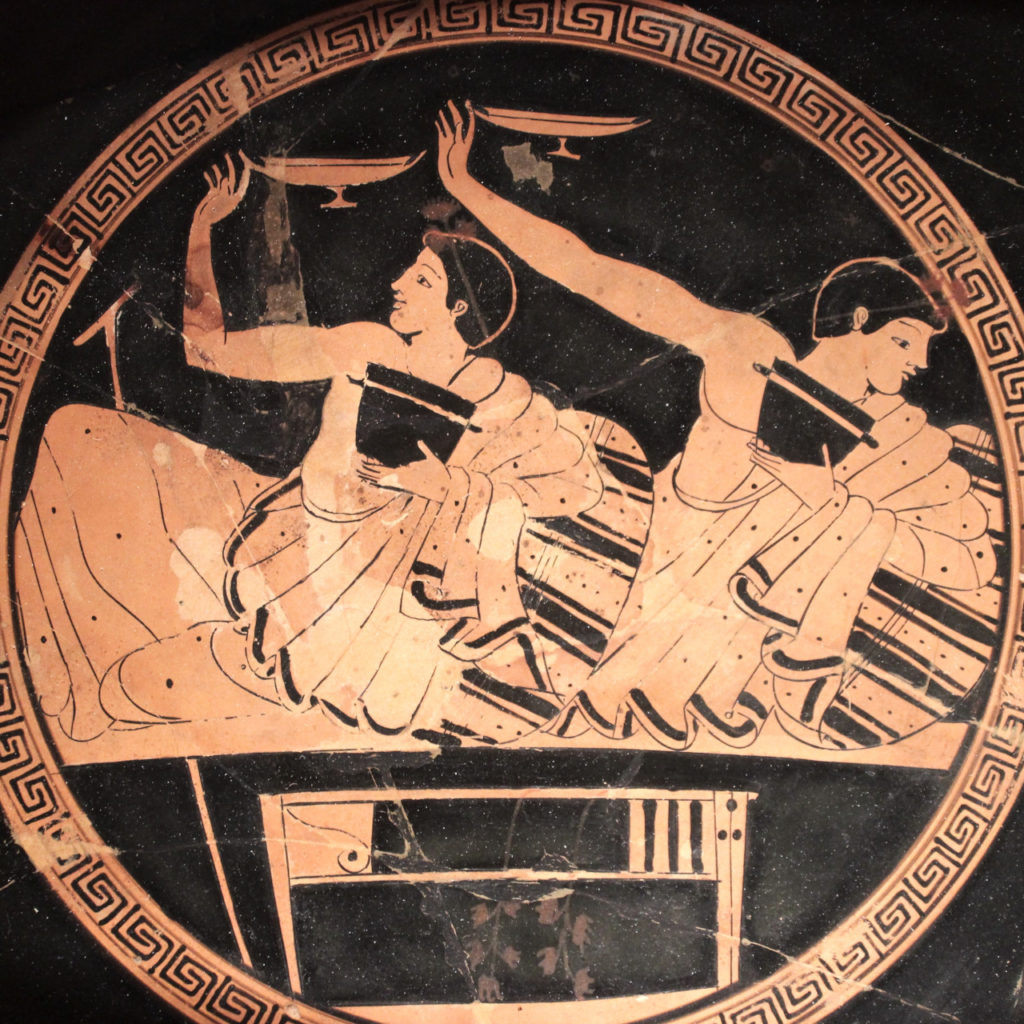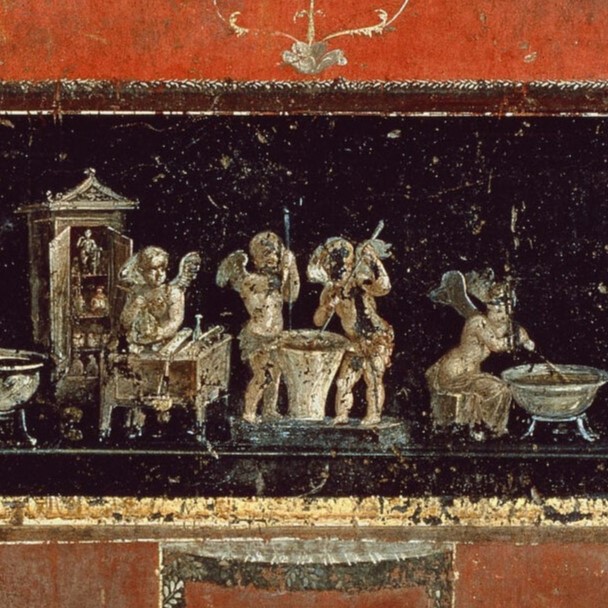Translated from french with Deepl (please notify us of errors)
From present-day Spain to Mesopotamia, the same Greek words can be found, generally engraved on inexpensive precious stones (agate, onyx or sardonyx). The best-preserved examples were found on a piece of jewellery around the neck of a young woman in a sarcophagus in Hungary and inscribed on a wall in ancient Cartagena.
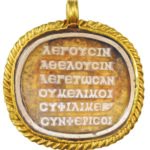
Professor Tim Whitmarsh of Cambridge University is convinced that by linking these different artefacts, he has put his finger on the expression of ancient “pop culture”. The equivalent of a rock song, a theme that could have been written by the Sex Pistols,” he ventured, interviewed in September 2021 by The Guardian newspaper. Indeed, the tone of the millennial poem resonates with the “And we don’t care” of the British punk band’s Pretty Vacant:
Λέγουσιν – They say
ἃ θέλουσιν – what they want
λεγέτωσαν – let them talk
οὐ μέλι μοι – I don’t care
σὺ φίλι με – come on, love me!
συνφέρι σοι – it does you good
The Cambridge professor believes that this poem was disseminated on a large scale, orally of course, from tavern to tavern, but also mass-produced on objects such as the semi-precious stones found and sold throughout the Roman Empire[1]. It would have served as a distinctive sign for a middle class eager to mark its difference and extricate itself from the local culture: while the love theme of the poem and its poetic form are very simple, the use of Greek was “classy”.
But that’s not all. The researcher also noted that the poem was distinguished by the form of metre used. This is a far cry from the scansion used by classics such as Homer, with a rhythm based on syllables of different durations. For these verses of four syllables each, the musicality is based on accentuation: a strong accent on the first syllable and a weaker one on the third. Until now, it was thought that this form of accented verse had only begun to be used in Byzantine Christian hymns in the 5th century.
“You didn’t need specialist poets to create this kind of musicalised language, and the diction was very simple, so it was clearly a democratic form of literature,” says Tim Whitmarsh. It reveals another culture, buried beneath the classical culture of the elites that has reached us best, that of a people who look like us.
[1] There are several variants of the text: μέλι → μέλει; μέλη / μοι → σοι; μι / φίλι → φίλει / με → μαι / συνφέρι → συνφέρει ; συμφέρι ; συφέρι.
Sources
- Less care, More Stress: a rhythmic poem from the Roman empire, published online by Cambridge University Press: 25 August 2021.
- The Guardian online, ‘I don’t care’: text shows modern poetry began much earlier than believed, edition of 8 September 2021, consulted on 30 October 2021.
February 2024, reproduction prohibited
Other articles in English from the Nunc est bibendum blog
